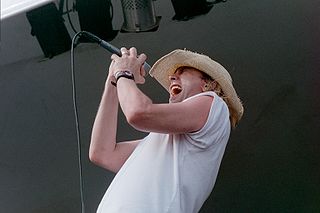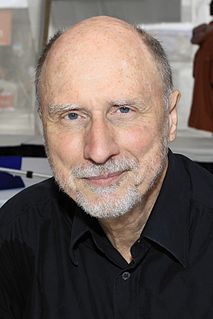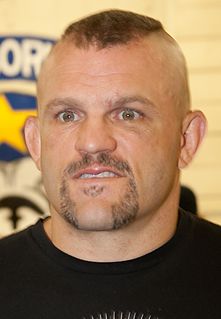A Quote by Bruce Lee
To contemplate a thing implies maintaining oneself OUTSIDE it, resolved to keep a distance between it and ourselves.
Related Quotes
Art is the one form of human energy in the whole world, which really works for union, and destroys the barriers between man and man. It is the continual, unconscious replacement, however fleeting, of oneself by another; the real cement of human life; the everlasting refreshment and renewal. For, what is grievous, dompting, grim, about our lives is that we are shut up within ourselves, with an itch to get outside ourselves. And to be stolen away from ourselves by Art is a momentary relaxation from that itching, a minute's profound, and as it were secret, enfranchisement.
We sabotage our creative possibilities because the world revealed by our imagination may not fit well with the life we have taken so much trouble to construct over the years. Faced with the pain of that distance, the distance between desire and reality, we turn just for a moment and quickly busy ourselves.
In her previous novels, Maggie O'Farrell has often measured the distance between intimates and the unexpected intimacy of distance - geographic, temporal, cultural. In 'The Hand That First Held Mine' and 'The Distance Between Us,' characters separated by many miles or many years turn out to be joined in ways they never anticipated.
Anxiety and desire are two, often conflicting, orientations to the unknown. Both are tilted toward the future. Desire implies a willingness, or a need, to engage this unknown, while anxiety suggests a fear of it. Desire takes one out of oneself, into the possibility or relationship, but it also takes one deeper into oneself. Anxiety turns one back on oneself, but only onto the self that is already known.



































